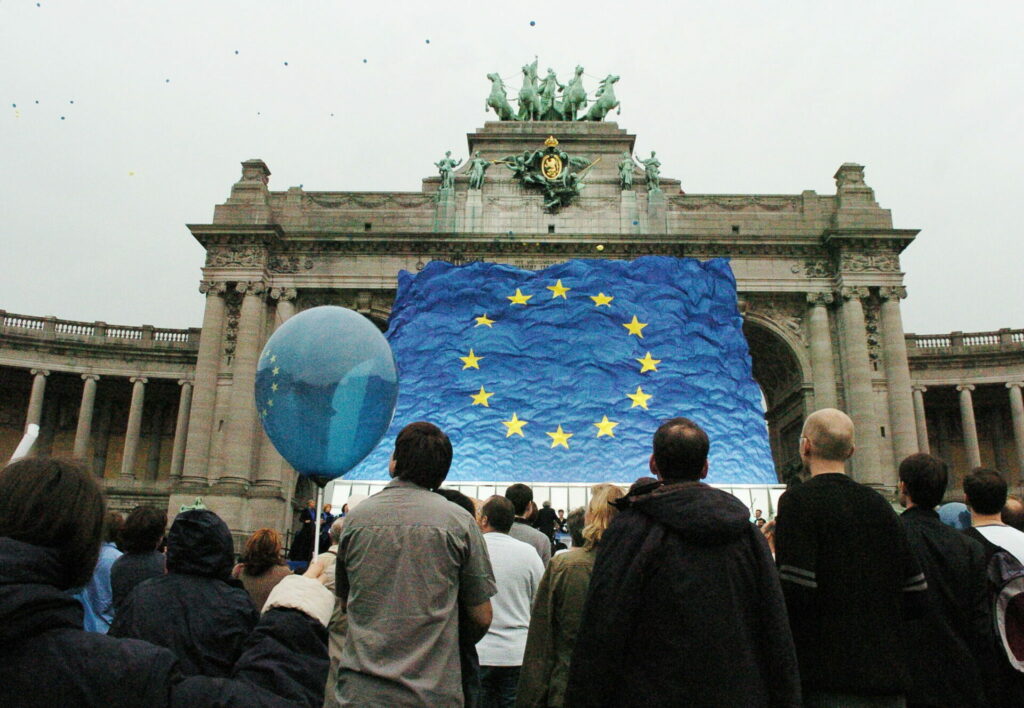The Flemish right-wing and nationalist party N-VA want the Flemish Government to encourage more EU nationals residing in Flanders to follow the Belgian integration course. While the course is mandatory for non-EU immigrants, new arrivals from the EU27 countries are offered the choice to participate or not.
Flemish MP for N-VA, Maaike De Vreese, has lobbied the Flemish Minister for Civic Integration Bart Somers (Open VLD) to ensure that a higher number of new arrivals from the EU willingly follow the integration course. In 2022, 41,849 people arrived in Flanders, of which only a quarter - 9,788 - was obliged to take the integration course.
The integration of immigrants has become a pressing issue in Flanders, with a recent survey conducted by La Libre showing that a fifth of Flemish voters viewed immigration as one of their major concerns going into next year's elections. This is also reflected in political polls in Flanders, which put the far-right and anti-immigration party Vlaams Belang in first place for the 2024 elections.
De Vreese has thus asked the Flemish Government to "ensure that (all new arrivals) are properly integrated" by taking the integration course.
Translation of tweet: "Not only the newcomers who are required but also the eligible newcomers who can voluntarily follow the trajectory, such as EU nationals. we have to fully convince them of the added value of our integration process."
These courses are often seen as a solution to ensure that people coming to a new can "take an active part in society," without diverging too much from their new country's values. However, many criticisms have been levelled at these programmes for forcing an image of "other" onto new arrivals.
Nonetheless, the Flemish MP has argued for her case by drawing on the official Dutch language test, which is separate from the integration course. 47,000 participants took this language test in 2022, of which three-quarters had opted to do so voluntarily.
De Vreese also explained that a majority of these participants were "Romanian, Bulgarian, Polish and Spanish," all countries within the European Union.
Related News
- 'Own prisons, own penal code': Flemish Minister wants to split Belgium's justice system
- 'Colonial provocation': Flemish separatists want to cut Brussels and Wallonia federal funding
- Compulsory exam for Belgian citizenship proposed by Flemish party
However, the head of Flanders' Inclusion and Integration agency Jo De Ro recently stated that these new arrivals chose to take Dutch lessons "as they often need to." On the other hand, going through the entire integration course is often seen as "a huge undertaking".
In all, the whole integration course lies upon four pillars, according to Bart Somers. They include a social orientation course on Flanders' values and norms, compulsory work guidance, a "buddy" to accompany them through the process and Dutch lessons.
The course is also set to get tougher from March onwards after the Flemish Government recently decided to raise the pass threshold while also obliging participants to follow 60 hours of classes as part of their course.

